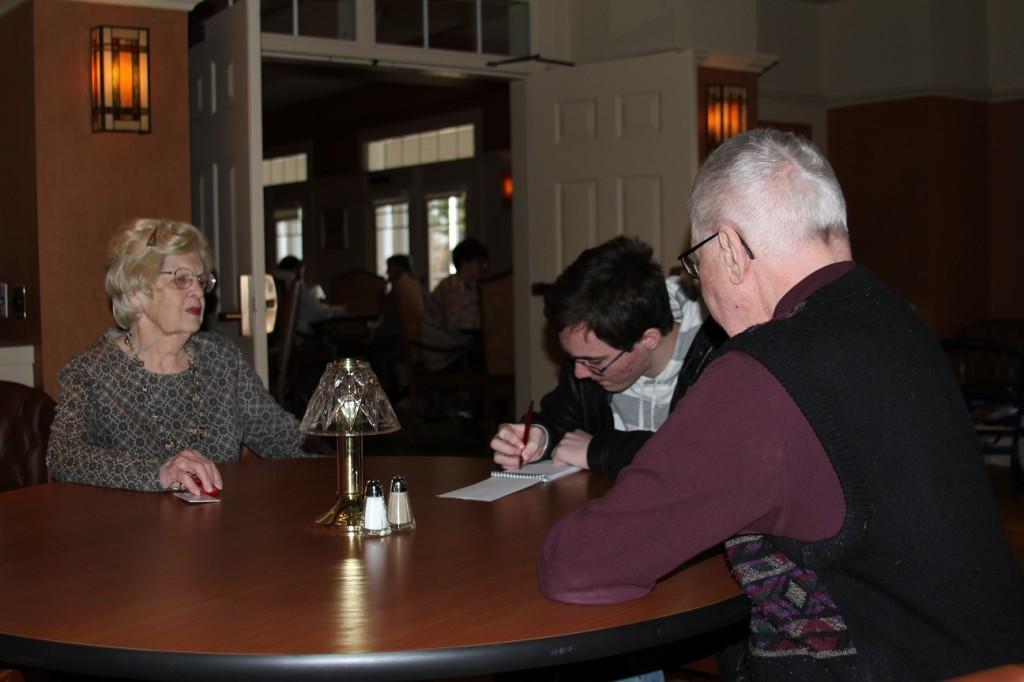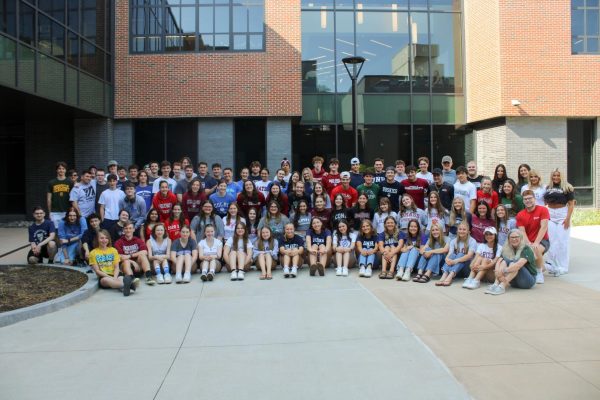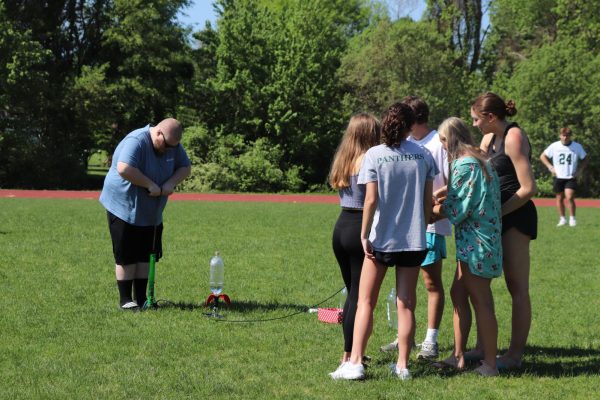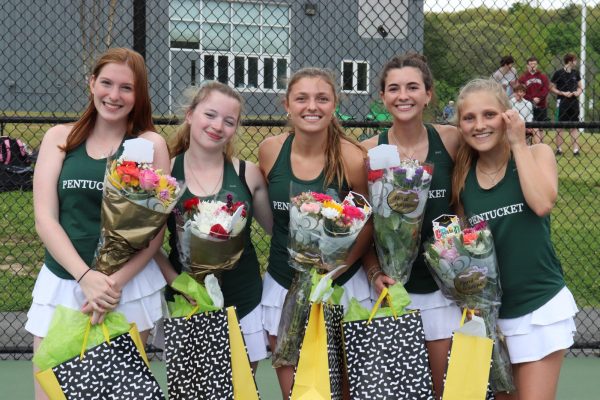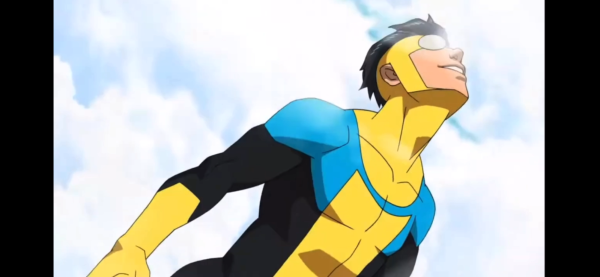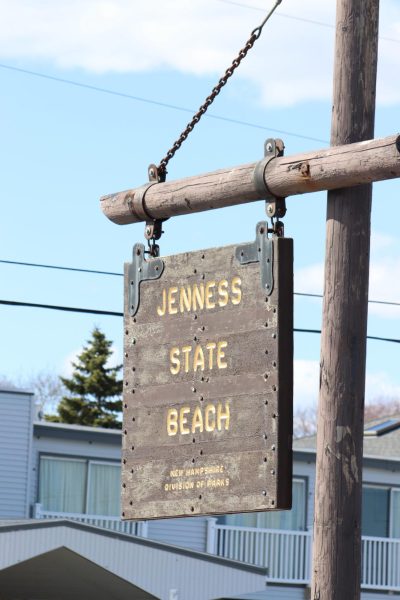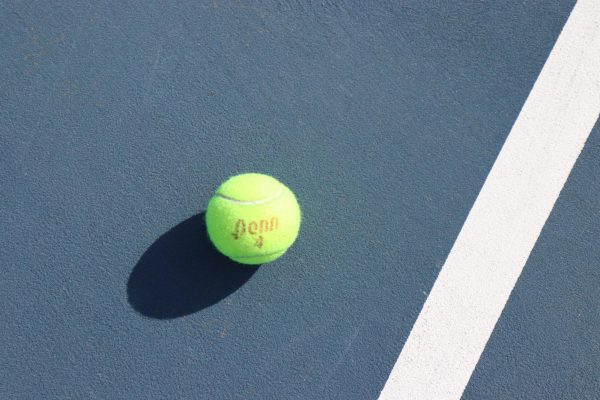Nichols Village
I sat down with Mr. and Mrs. Field at Nichols Village to talk to them about differences in their generation and ours. I found that though kids today have grown up in a very different setting than the people of yesteryear, the struggles they had to go through as well as the good times, are quite similar.
Q: What was High School like when you were a teenager?
A1: I wasn’t in high school during WWII. My father was in the army and we moved around a lot. We had a few teachers in the army, so most of the people teaching us were older. There were less school buses. It wasn’t a classical education; there was less of an emphasis on science and math. The worst thing about high school was that girls were required to wear blue gym shorts down to the mid thigh and a sailor collar. It made you look twenty pounds heavier than you were.
A2: I went through prep school. I graduated in 1948. In the last two years there were a great number of WWII veterans taking courses before college. There were mixed age groupings.
Q: What were some prevalent hobbies you had growing up? Trends?
A1: In High school we were bobby socks and saddle shoes. They had just introduced nylon after the war. Not many people had stockings. Many wore plad skirts and sweaters. I was the odd ball. We’d listen to opera records. We played basketball and ping pong. We couldn’t play football because we weren’t big enough, and the coach wouldn’t let you play if you were under 180 pounds. Frank Sinatra was becoming popular, so people used to go to record stores. At record stores there were booths where you could take any music from the stock and listen in that booth. there was no portable radio. We didn’t have batteries.
A2: We wore shirts, ties and a jacket and loafers during the war. We still had the war. There was rationing. Lots of clothes weren’t available. Nobody would think of buying anything not lasting, so there weren’t many trends. I listened to classic and jazz. I owned a typewriter–a manual one and used carbon paper. We didn’t have television back then, or at least, very few people had it. The biggest screens were six inches. It’s odd that one of the hottest things in thrift shops nowadays are typewriters. My favorite was always an IBM electric.
Q: Can you name a few cool or important things that happened to you in High School?
A1: The first A bomb was dropped on Hiroshima. It was then that we realized nothing would be the same. We began to have intercontinental flights. We were no longer living in suspended isolation. It felt like there was no way you’d be bombed. We thought the technology wasn’t there. After Hiroshima, things changed dramatically. The U.N formed. We got a $25 war bond. I will always remember I was told, “The atom bomb is here to stay.”
Q: Who was a major influence on your life?
A: Parents, obviously. But no government officials, religious men or anyone emulated or look up to back then. We didn’t have the time. the military was a cancer. Peace in Europe, then we’re fighting in Asia. The cold war with Russia. There was no time to emulate someone else.
Q: What did you want to be when you grew up?
A1: I can honestly say I didn’t know. Everyone went through early phases of Doctor, lawyer, and Indian Chief. I wanted to do something in science. In college, freshman and sophomore year were preordaned. It didn’t vary much. But as a teacher, I didn’t know. Young men were brought up thinking their job is to make money and support the family. things changed a bit. It’s a good change. Don’t limit people. But if everyone has a career AND children, what happens to the children?
A2:It’s unfair to have someone in High School preordane what they’re going to be. It was different for girls. We were just getting into the field. I wanted to do something involving writing. I became a newspaper correspondent. I wrote a letter to Washington asking for a job. I got an interview with the editor in chief soon after. One time I was having coffee across the street while my daughter was at school. When she got home she had to use the bathroom but she couldn’t get in.

